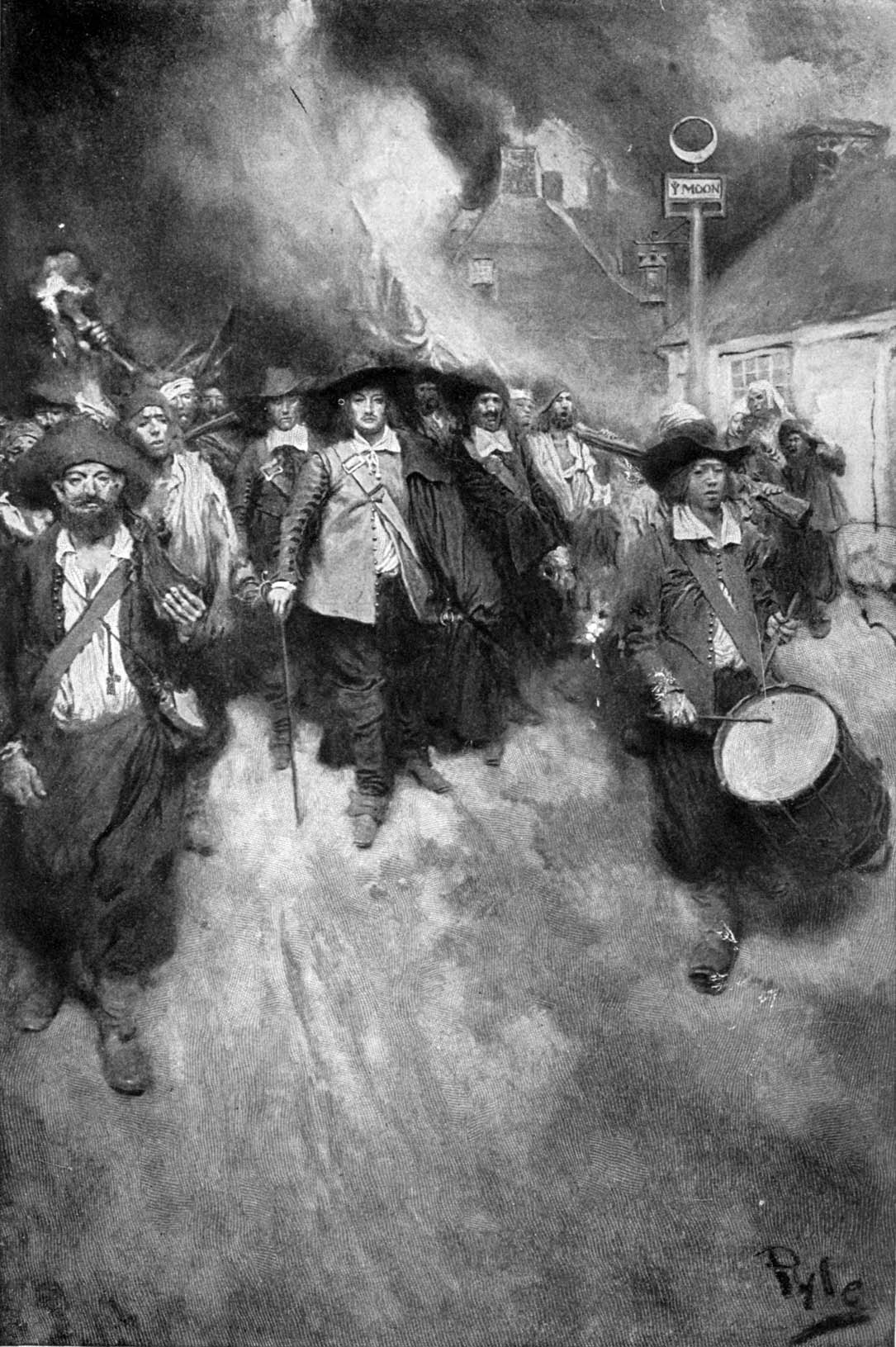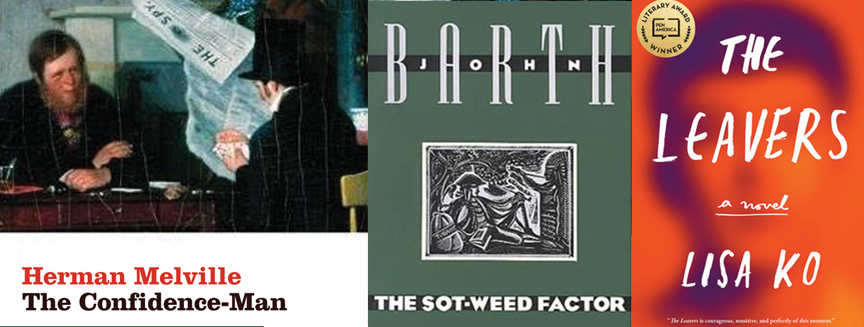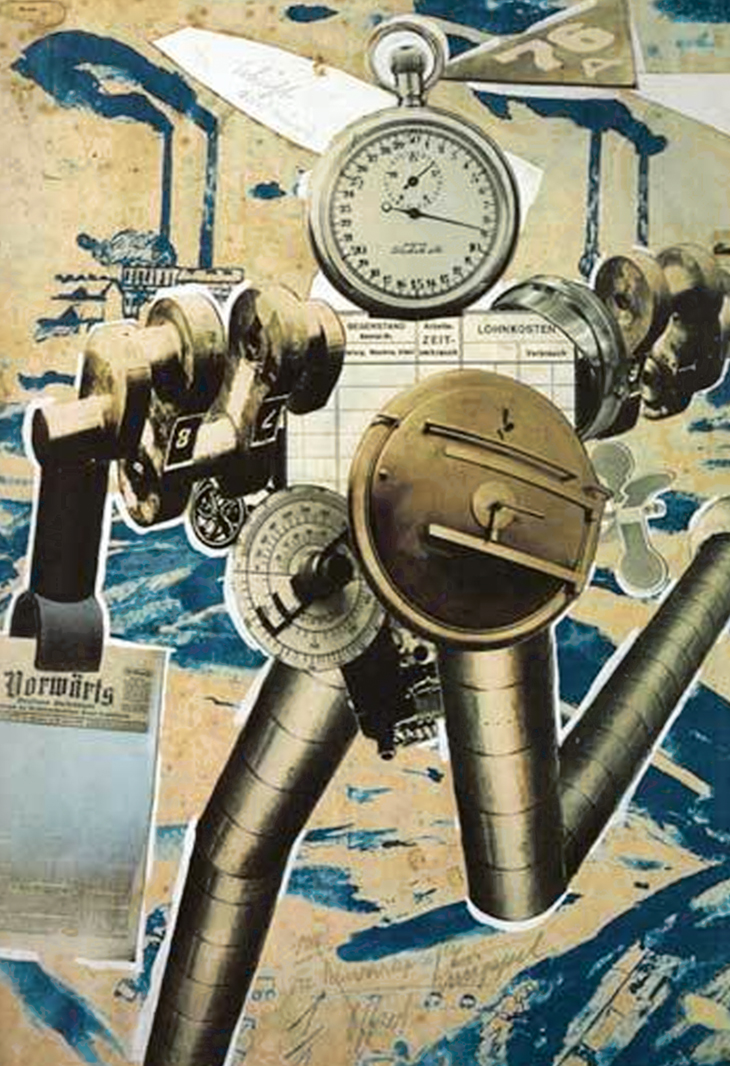Week of Events
Invention of the White Race
Invention of the White Race
The Invention of the White Race Volumes I & II, Theodore W. Allen's historical materialist analysis of racial slavery, documents how the plantation elite put in place this system of social control following Bacon's Rebellion of 1676. In the final stage of this uprising, an army of European and African chattel bond laborers burned Jamestown to the ground and temporarily drove Governor Berkeley into exile across the Chesapeake Bay.The terrified planter bourgeoisie, in a deliberate response to this display of labor solidarity, enacted a series of laws and practices in the late 17th and early 18th centuries which implanted a system of 'white' racial privileges that enabled the imposition of racial slavery and white male supremacy.
Technology, Science and Capitalism
Technology, Science and Capitalism
What is technology? Does technological change drive social change? Is technology independent of social relations? What are the consequences of “technological progress” under capitalism? What constraints does capitalism place on such progress?
American Writing: Changing Locations
American Writing: Changing Locations
Season 1: Changing Places in America
Herman Melville, The Confidence-Man (1857). John Barth, The Sot-Weed Factor (1960) Lisa Ko, The Leavers (2017)
In his 1970 essay “Philosophy and the Form of Fiction,” William Gass brought the term “metafiction” forward to the reading public as a way to characterize the work writers such as Borges, Barth, Flann O’Brien, as well as the type of novels Gass himself would write. He described metafiction as writing “in which the forms of fiction serve as the material upon which further forms can be imposed”. Does metafiction provide escape for the committed writer from the bourgeois strictures that the novel form imposes? As critical readers we need to check out all the angles. The metafiction form will over time become incorporated as yet another aspect of modern fiction as ultimately there is no way to over-ride what happens when ink is committed to paper, impulses to the interactive screen.
American fiction writers have lots to write about. We are introducing a four term look at writing by American authors who have novels appropriate to four themes important to critical thinkers of the broad American questions on nation, class, race and gender. Much of this fiction becomes part of what our unfolding reality is as a nation, group of nations, as aspiring internationalists. Many of the fictional works we will read are not as formally postmodern or would formally fall in the metafiction category as delineated by Barth.
Capital, Volume 3
Capital, Volume 3
Volume III integrates and completes the analysis of the process of capitalist production as a whole, enabling us to understand and make sense of how each of the appearances and processes we see occurring on the surface of society are related to the whole. When we do so all the laws of motion previously revealed in the first two volumes take on new dimensions. Internal dynamics and contradictions burst out and situate humanity withina historical process that calls us to figure out how to go beyond capital and develop the conditions that insure that the development of each is the precondition for the development of all.
Hispaniola in Revolt
Hispaniola in Revolt
he panel will look at the current Haitian political crisis and popular revolt; the Haitian revolution, its emancipatory legacy of liberation and contradictions; the lessons of the 1946 and 1986 revolts in Haiti; race and class in Santo Domingo; the 1965 Dominican revolution as well as prospects for cross-border and international solidarity and revolution on the island and beyond.





